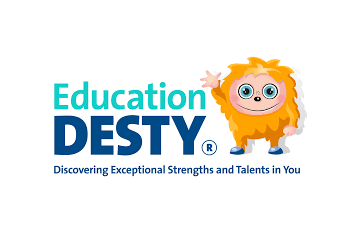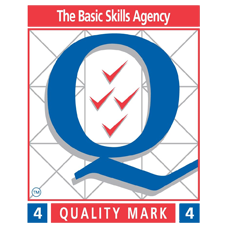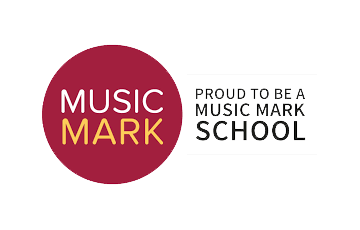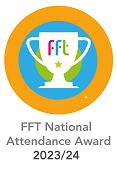Communication and Language
Communication and Language
The development of children’s spoken language underpins all seven areas of learning and development in the EYFS. Children’s back-and-forth interactions from an early age form the foundations for language and cognitive development.
Reading frequently to children, and engaging them actively in stories, non-fiction, rhymes and poems, and then providing them with extensive opportunities to use and embed new words in a range of contexts including storytelling and role play, will give children the opportunity to thrive.
Being able to speak clearly and process speech sounds, to understand others, to express ideas and interact with others are fundamental building blocks for a child’s development. Research suggests that good communication, language and literacy at a young age have the highest correlation with outcomes at school.
Speech and language skills underpin many other areas of children’s development by:
-
providing a strong foundation for other areas of learning, such as reading and writing and enabling access to the whole curriculum
-
supporting communication skills
-
promoting social skills and forming friendships
-
building confidence and self-esteem
-
supporting emotional and behavioural development
Communication and language is one of the three prime areas in the Early Years Foundation Stage (EYFS) and involves giving children opportunities to:
-
experience a rich language environment
-
develop their confidence and skills in expressing themselves
-
speak and listen in a range of situations.
-
helping children to make sense of the world around them
At ELE we offer experiences and opportunities for young children to develop their speech and language skills. Stimulating activities include:
-
reading books every day and talking with children about stories, characters and illustrations — books with rhythm and rhyme are particularly effective with very young children
-
show and tell when children can bring in toys or other objects from home and talk about them
-
circle time which offers children a good opportunity to practise their speaking and listening skills
-
singing songs, nursery rhymes and performing poetry
-
describing and guessing games
-
role-play games
-
using puppets
-
using technology such as microphones, walkie talkies and video recorders
-
offering real life experiences both inside and outside the nursery.
Supporting language development
With 1 in 10 children having speech, language and communication needs (SLCN), it is vital that staff can identify when children might be having difficulty. Children with SLCN can have difficulties with fluency, forming sounds and words, formulating sentences, understanding what others say and using language socially. Language difficulties can affect children learning and accessing the curriculum and can impact on emotional development resulting in behavioural difficulties and problems forming friendships.
Research suggests that early intervention can prevent children from a widening gap of attainment later in life and without the right support, SLCN can be persistent with wide-ranging impacts and often reduced life chances. It is therefore essential that at ELE we can identify any concerns and work with parents to help children get the right level of support.
With increasing numbers of children starting school with poor speech and communication skills, it is essential that practitioners at ELE support young children’s language development. In Reception practitioners deliver the language interventions Teddy Talk, Nutfield Early Language Intervention (Neli) and Talk Boost to support language development. In 2022-23 Chatter Box sessions will also be delivered for children with early language acquisition.


(Starting 2022 -23)
How to support language development at home?
It is never too early to begin encouraging language development. Parents should offer children speaking and listening opportunities through everyday conversation and practical activities.
Children often learn best by observing and copying adult behaviour so early years staff should model good speech and language skills whenever possible. Good practice includes:
-
getting a child’s attention and making eye contact (get down to the child’s level if necessary)
-
speaking clearly and calmly
-
using age-appropriate, simple language
-
repeating or modelling what the child has said
-
repeating sentences back to children, extending what they have said
-
describing and commenting on what is happening and what children are doing
-
listening carefully when children are talking and being patient so they have plenty of time to respond and find their words
-
using all the senses
-
using gesture, tone of voice and facial expressions
-
using effective questioning but being careful not to over question children or use closed questions.













